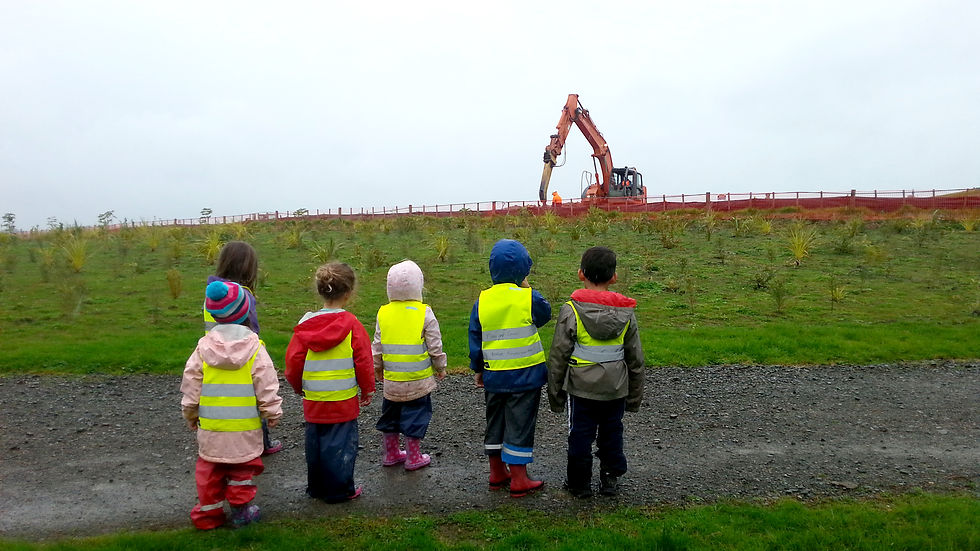

Curriculum
We follow the New Zealand Early Childhood Curriculum Te Whāriki including key competencies from the School Curriculum which encourages children to be ready, willing and able.
We highly encourage parents to allow their 5 year olds to participate in a play-based programme 3-5 days a week. In our experience, this time frame holds great potential for a big shift in emotional, social and cognitive development -skills that are basics of academic learning. Countries like Finland, which have ranked highest amongst world class education for years, don't start formal school until age 7 and place great emphasis on outdoor/ unstructured play time.
Our Philosophy
Respect for each person as an individual their strengths, abilities, interests, values and culture.
We provide opportunities where children can learn through play and provide experiences to prepare them for school as well as for life.
Children learn best when experiences are meaningful, relevant and in context.
Our Values
Our teachers recognise each child as unique and have the flexibility to provide an appropriate programme tailored to the needs of your child.
We place great emphasis on authentic and trusting relationships with families and children as well as team spirit in our groups.
"Respect for ourselves, others and the environment."
Our Goals
Supporting children in reaching their full potential and instilling a lifelong love for learning.
Nature Kindy kids are motivated, curious, resilient and thoughtful - ready for life!
Our programme is supportive but challenging. It provides opportunities for independent exploration, encourages thinking and creativity for children to grow into competent and confident learners.

Findings on the beach- a dead star fish. Communication, philosophising, respecting our environment, life and death

Creating art - different colours of sand stones at Long Bay Regional Park, Auckland

Watching construction work - witnessing progress, staying safe, understanding the world

Numeracy - discovering numbers outdoors

Imaginative play and gross motor skills

The creek bridge - Inquiring about the tide and experimenting with flotation of materials

Collaborative art- painting a log

Exploring nature and noticing change in the environment

Social skills, friendship and team work
Facets of outdoor learning
"To thrive in the 21st century it is not enough to leave school with a clutch of examination certificates. You have to have learnt to be tenacious and resourceful, imaginative and logical, self-disciplined and self-aware, collaborative and inquisitive" (Claxton, 2002)

